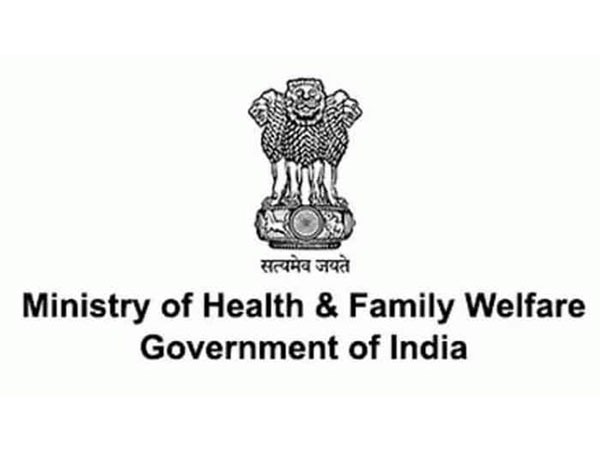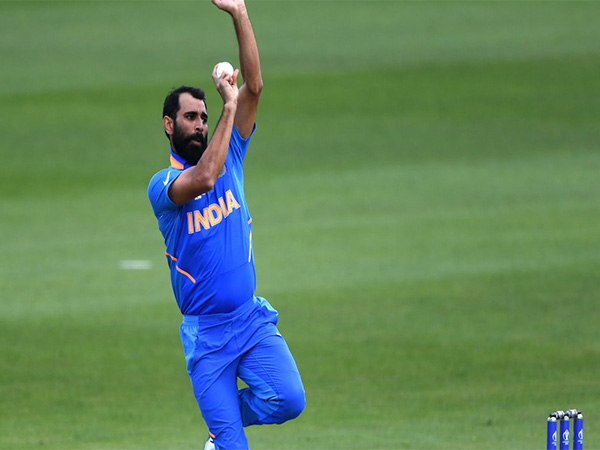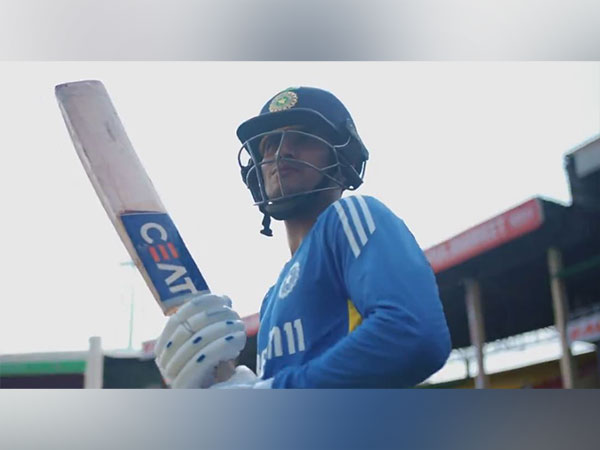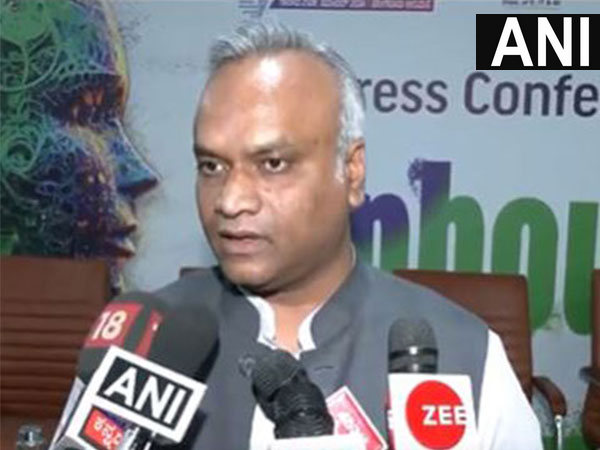New Delhi [India], August 16 (ANI): The Ministry of Health, Family Welfare and Medical Education has drawn up a comprehensive strategy for making a difference in the maintenance, functioning and delivery of healthcare services by all the Government General Hospitals including the old 11 institutions and the new ones coming up.
This strategy is aimed at changing the experience and perception of patients and visitors to these institutions in large numbers on a daily basis.
This strategy including actions to be taken in the short, medium and long term is evolved based on the general feedback on the prevailing situation at GGHs, media reports and visits of the Minister of Health Satya Kumar Yadav to various hospitals during the last two months.
At the behest of the Minister of Health, the Ministry has convened a day-long meeting of the Principals and Superintendents of 15 government colleges and hospitals on August 13. Various issues and problems were discussed for over seven hours before firming up the actions to be taken over different periods to bring about change.
For creating a positive first impression about the Government General Hospitals (GGH), a neat and clean environment is to be ensured through proper sanitation and upkeep of hospital premises with adequate provision and maintenance of toilets, urinals etc and bio-medical waste management,
For guiding the patients/attendants to various facilities/buildings on the premises, proper signage boards are to be ensured so that they don’t feel lost on the vast premises;
An audit of the demand and availability of stretchers, wheelchairs, Mahaprasthanam vehicles etc to be undertaken to bridge the gap,
Shortage of manpower in critical areas like Male Nursing Orderlies (MNOS), Female Nursing Orderlies (FNOs), Lab and other technicians to be assessed and action to be initiated to fill them up;
Front Desk/Reception services to be strengthened to properly receive patients/attendants and extend necessary guidance and assistance for making a positive impact;
Out Patient (OP) services are to be made hassle-free by ensuring OP Registration within half an hour of a patient arriving at the hospitals by taking required measures like opening more OP counters, involving nursing trainees, Data Entry Operators;
A special room will be earmarked for collection of blood and other samples for diagnostic tests near the OP consultation rooms to enable the patients to give samples and also collect the diagnostic reports at 2 pm every day. Arrangements will be made to send the diagnostic reports to the registered mobile number of the patient/attendent.
OP services performed by each doctor per day shall be monitored and assessed against the norms
Seniors/Specialist doctors shall without fail attend OP duties and this is to be ensured through effective monitoring,
Evening OP services are to be provided from 2.00-4.00 pm so that appropriate medical guidance/ prescription can be provided to the patients the same day so that they don’t have to come the next day or later.
Proper audit of the functioning of various diagnostic equipment and machines and availability of reagents to be ensured so that patients are not required to get the tests done from outside. Decentralised budget and Dr NTR Vaidya seva patient care fund will be utilised by the Superintendent to procure the reagents locally in case of problem in supply from APMSIDC.
When a patient is referred to get the tests done from outside, reasons for the same to be indicated so that a proper check on the functioning of all concerned equipment/availability of reagents is ensured;
In the context of near absence of feedback/grievance redress mechanism, necessary measures to be undertaken for taking feedback from the patients/attendants both on OP and IP (In Patient) services to enable necessary correctional interventions.
The Collectors will be asked to involve local NSS/ NCC students and students from management institutions to take random feedback from the patients/ attendants.
Complaint boxes under lock and key to be positioned at important places for receiving such feedback. These boxes will be opened by the Principal/ Superintendent and action taken on all the complaints or suggestions.
Necessary measures to be taken to control access to the patients/attendants beyond OP services and to visitors only to the designated places;
Effective messaging to be done/displayed across the hospital premises against bribes/corruption and patients/attendants to be encouraged to complain against the same by calling ‘104’ and this menace of bribes to be checked by taking quick and effective action against the bribe takers;
Effective coordination to be ensured between “108” service personnel and the casualty doctors team so that the situation of the patient being brought in is informed in advance for concerned doctors to be ready to extend the necessary care.
Attendance of doctors and all other supporting staff during the prescribed hours is to be ensured through regular checks and monitoring. The performance of doctors and others concerned to be strictly monitored, assessed and analysed by effectively utilizing various ‘apps’ developed in this regard like e-Hospital Dash Board and various other modules; and
Each GGH/super speciality hospital should reach out to the people through media on a regular basis with information on OP services done during the said period, IP services, details of difficult and other major surgeries/services performed.
Ensuring adequate provision of various diagnostic equipment and machines and others like X-ray machines, CT scans, MRI systems, Ventilators, Ultrasound systems;
Filling up critical posts of doctors, paramedical staff and technicians of various kind, MNOS/FNOs etc;
Revamping air-conditioning systems and ensuring effective sterilisation of Operation Theatres to avoid infections.
Providing effective healthcare education messaging at OP and IP locations through playing of video clips and talks by doctors as appropriate;
Arranging motivational sessions for the benefit of nursing and other support staff through inspirational messaging, and regular training programmes to upgrade the skills.
Rating of all Government General Hospitals based on their performance with respect of identified parameters to promote a healthy spirit of competition in
healthcare service delivery and also evaluation and assessment of performance of Superintendents
To ensure all Super Specialty Services like Cardiology, Cardio-Thoracic Surgery, Nephrology, Neurosurgery, Urology, Gastro-Enterology, Endocrinology, Cancer care through Radiation Oncology, Radio Therapy and Surgical Oncology etc at all GGHs.
To enable effective digital library service to doctors and Development of required infrastructure, particularly, at the new teaching hospitals that are coming up.
The above core action points and other decisions taken will be communicated to the Superintendents and Principals for compliance and regular reporting on the progress in respect of the same.
Similar guidelines as appropriate will be provided in respect of secondary health care hospitals (Community Health Centres, District Hospitals and Area Hospitals) and Primary Health Centres for compliance.
(ANI)
Disclaimer: This story is auto-generated from a syndicated feed of ANI; only the image & headline may have been reworked by News Services Division of World News Network Inc Ltd and Palghar News and Pune News and World News
HINDI, MARATHI, GUJARATI, TAMIL, TELUGU, BENGALI, KANNADA, ORIYA, PUNJABI, URDU, MALAYALAM
For more details and packages
















